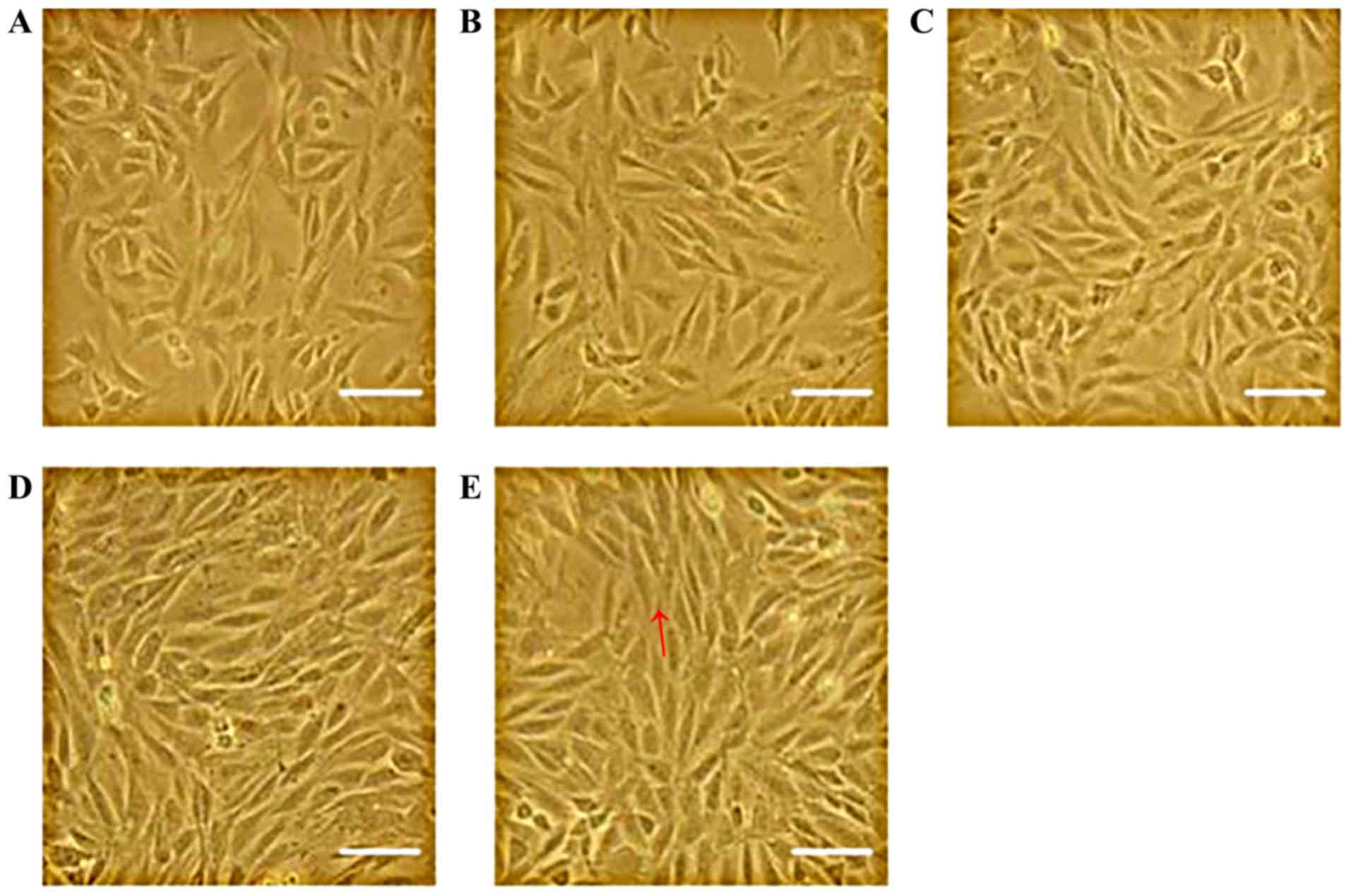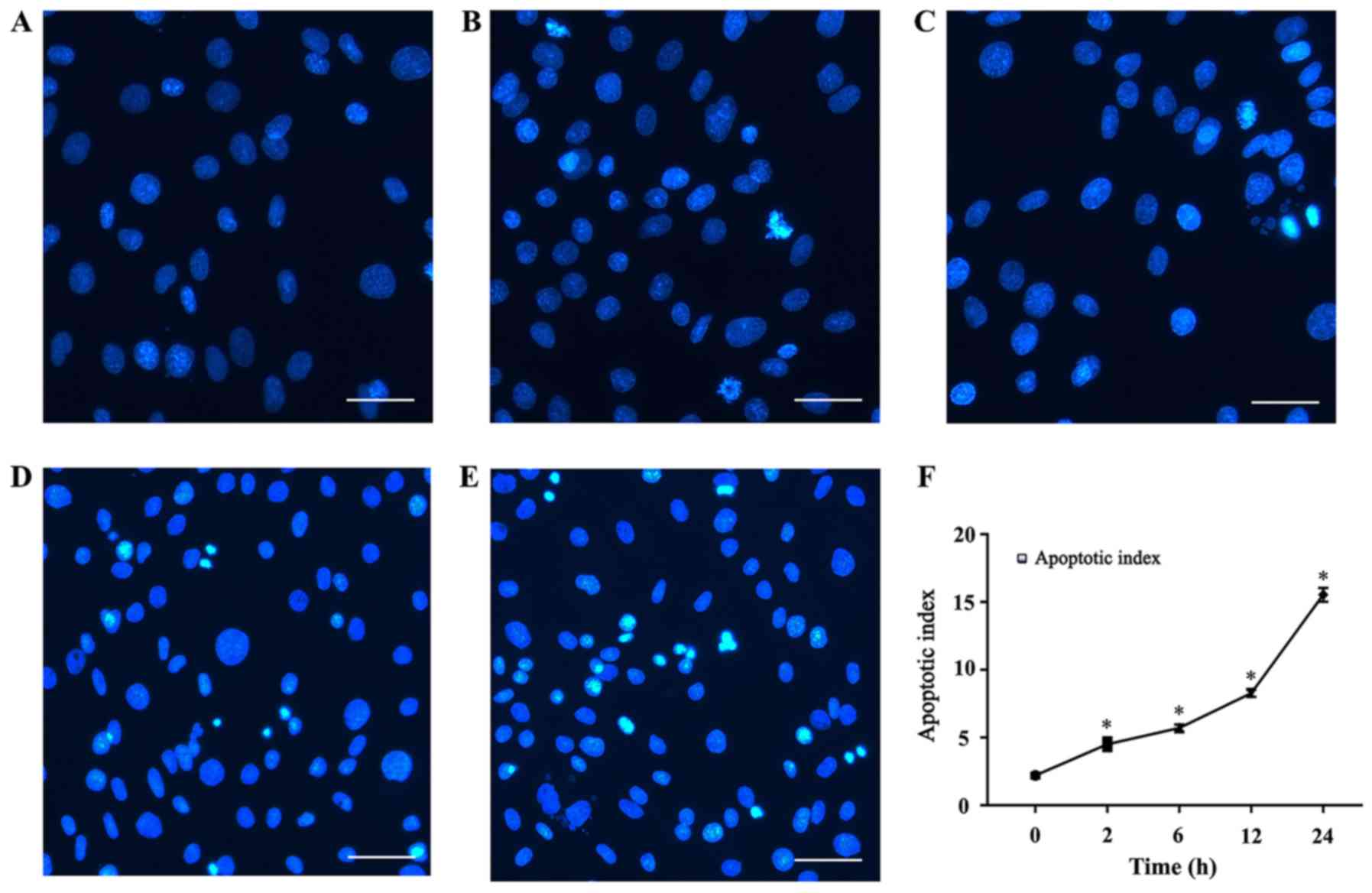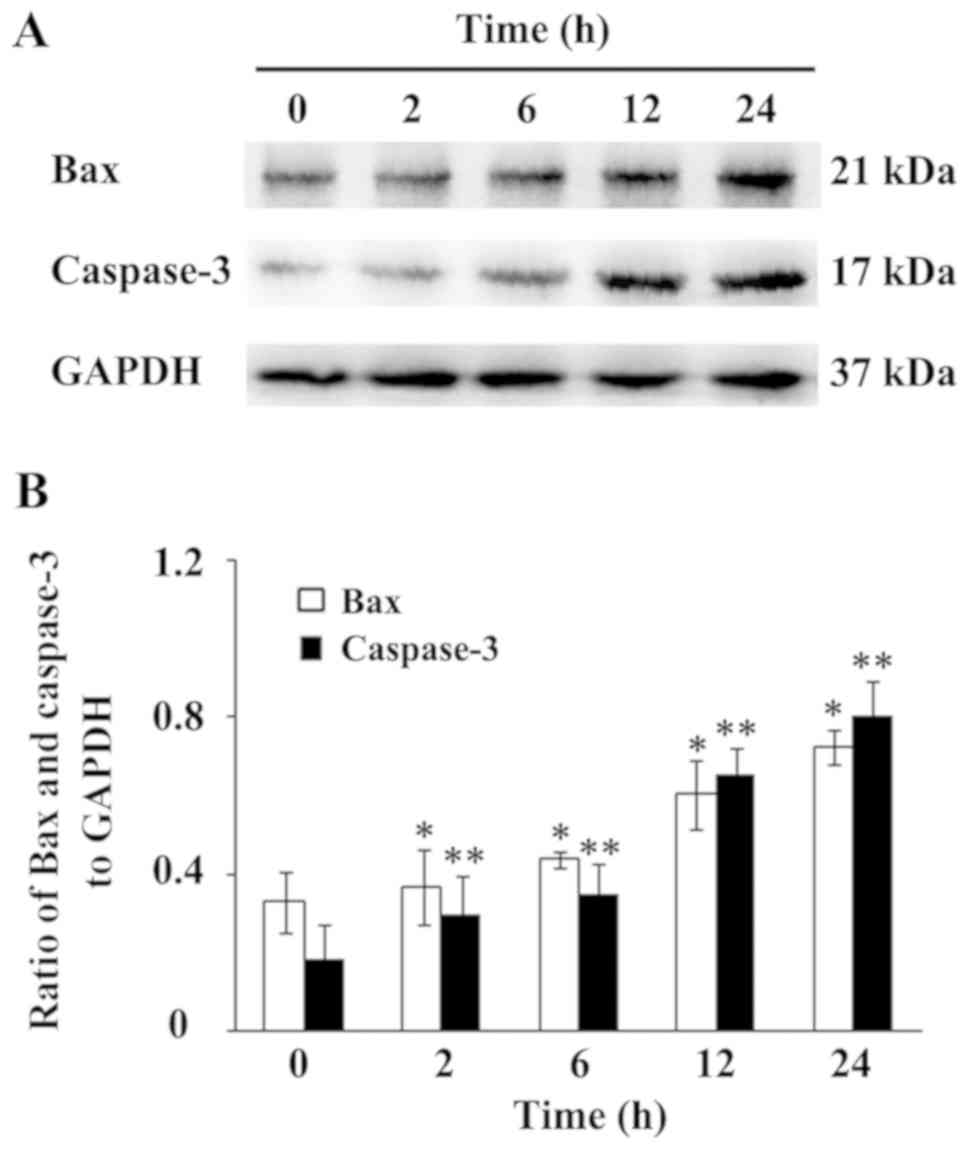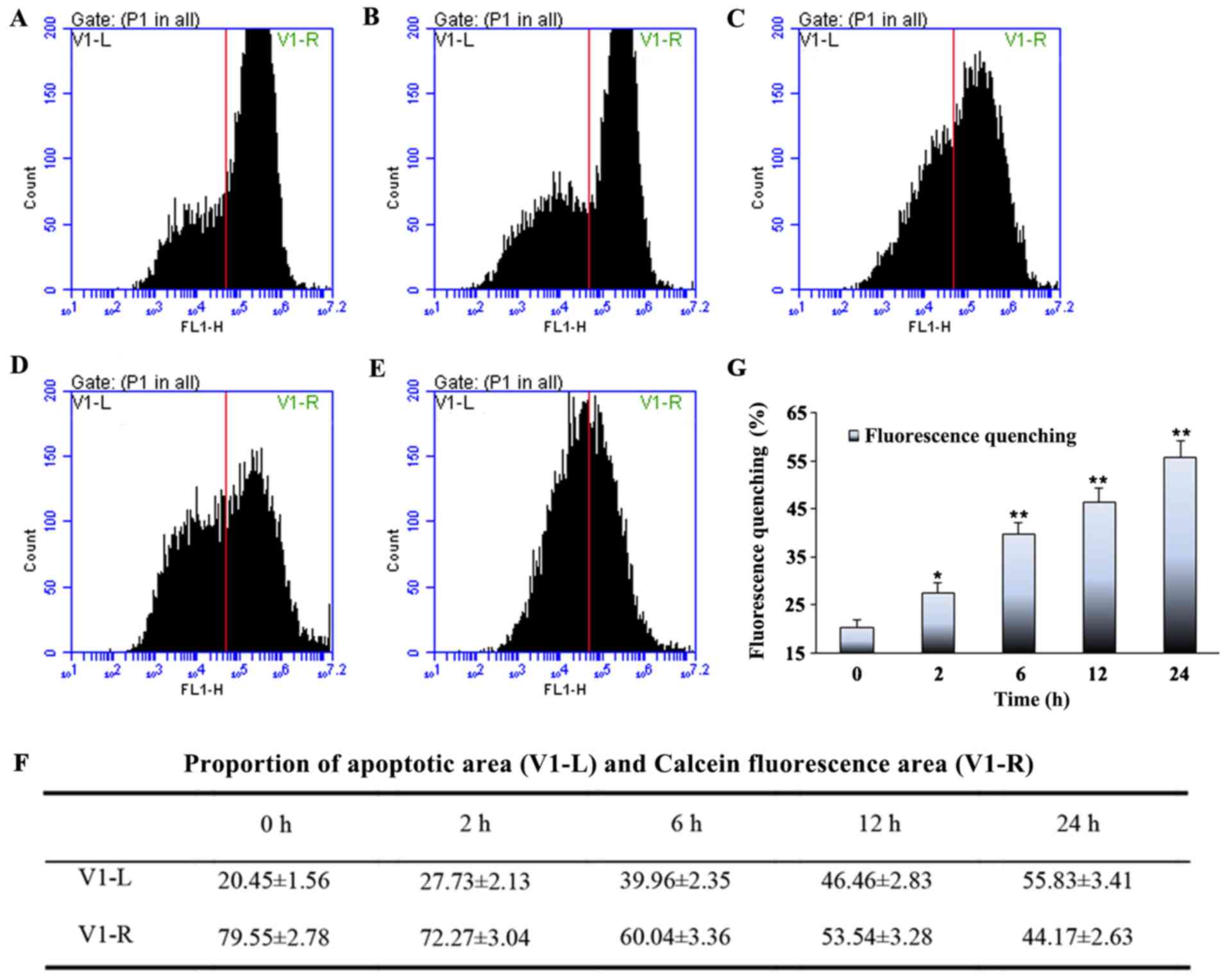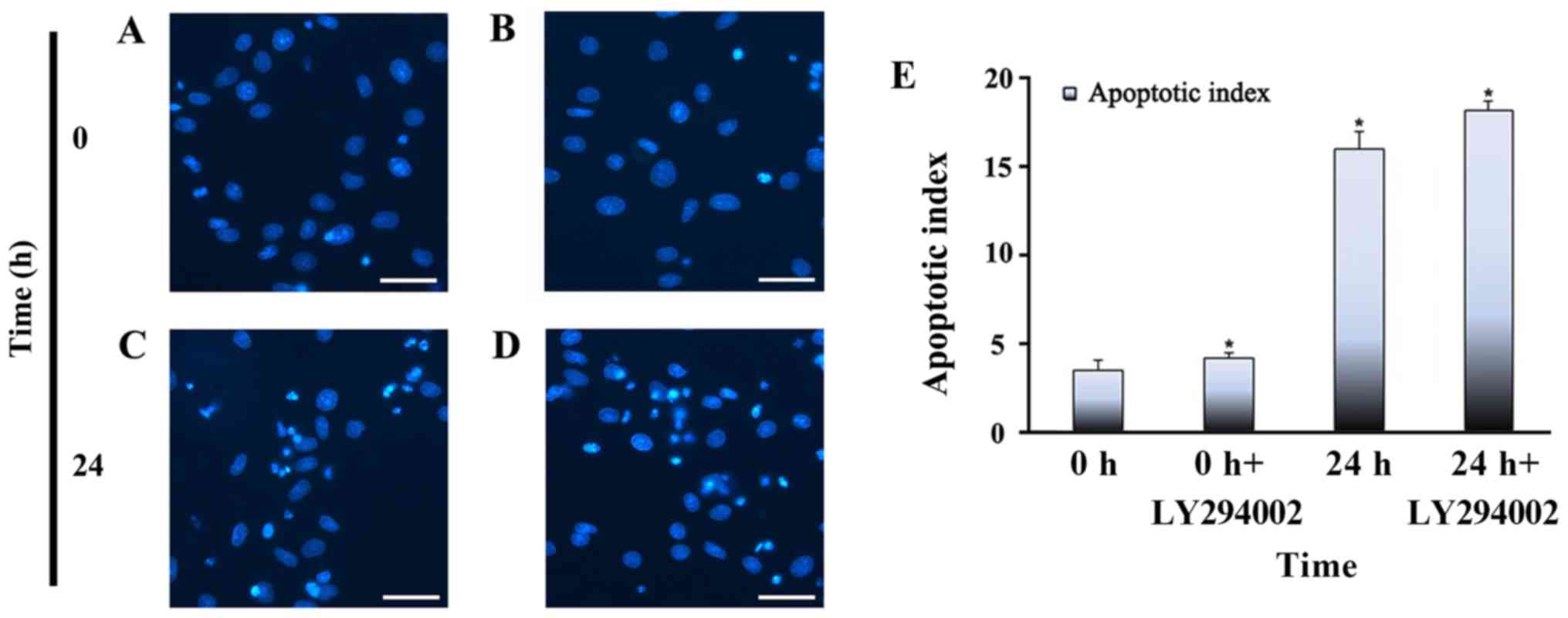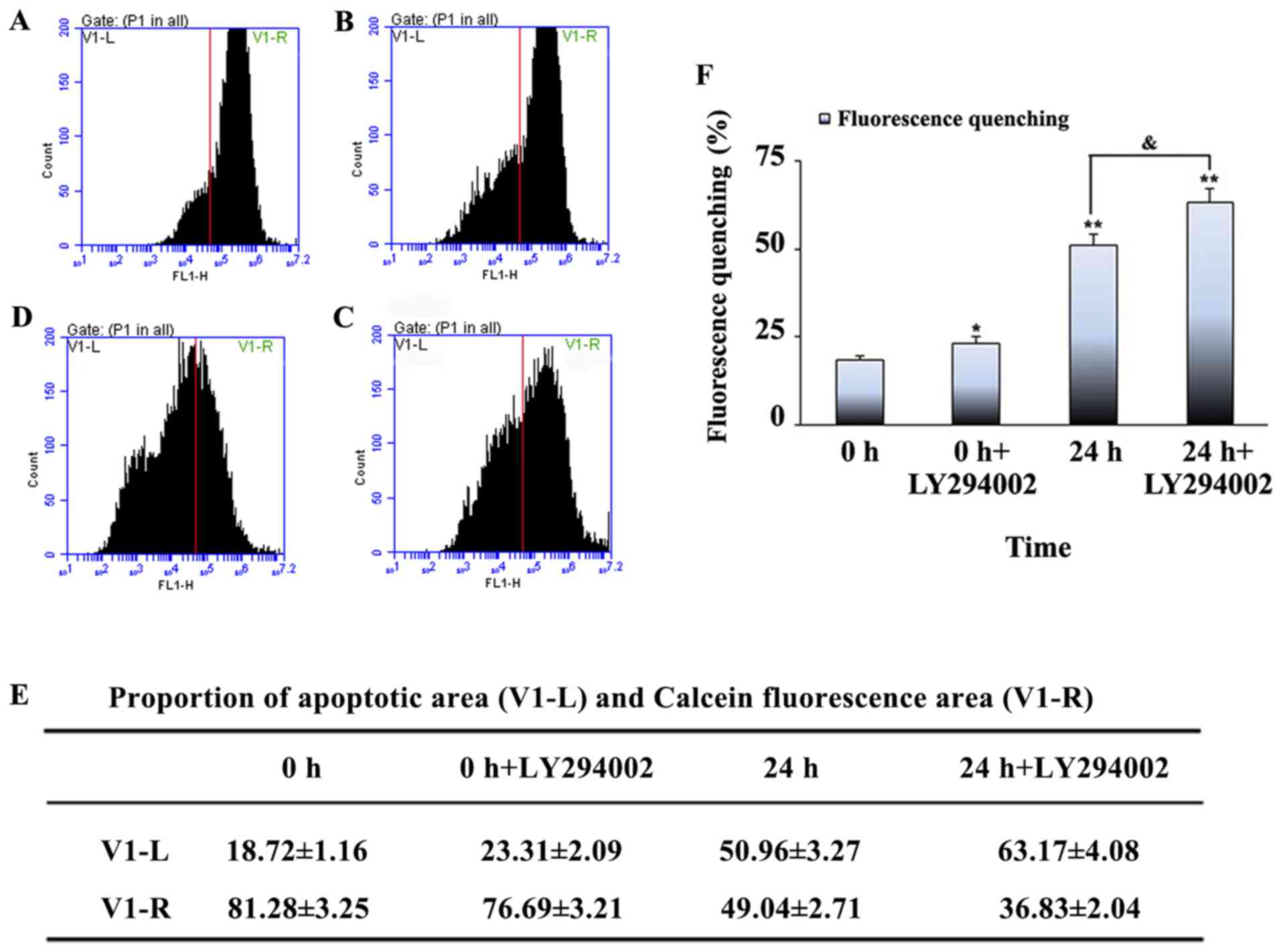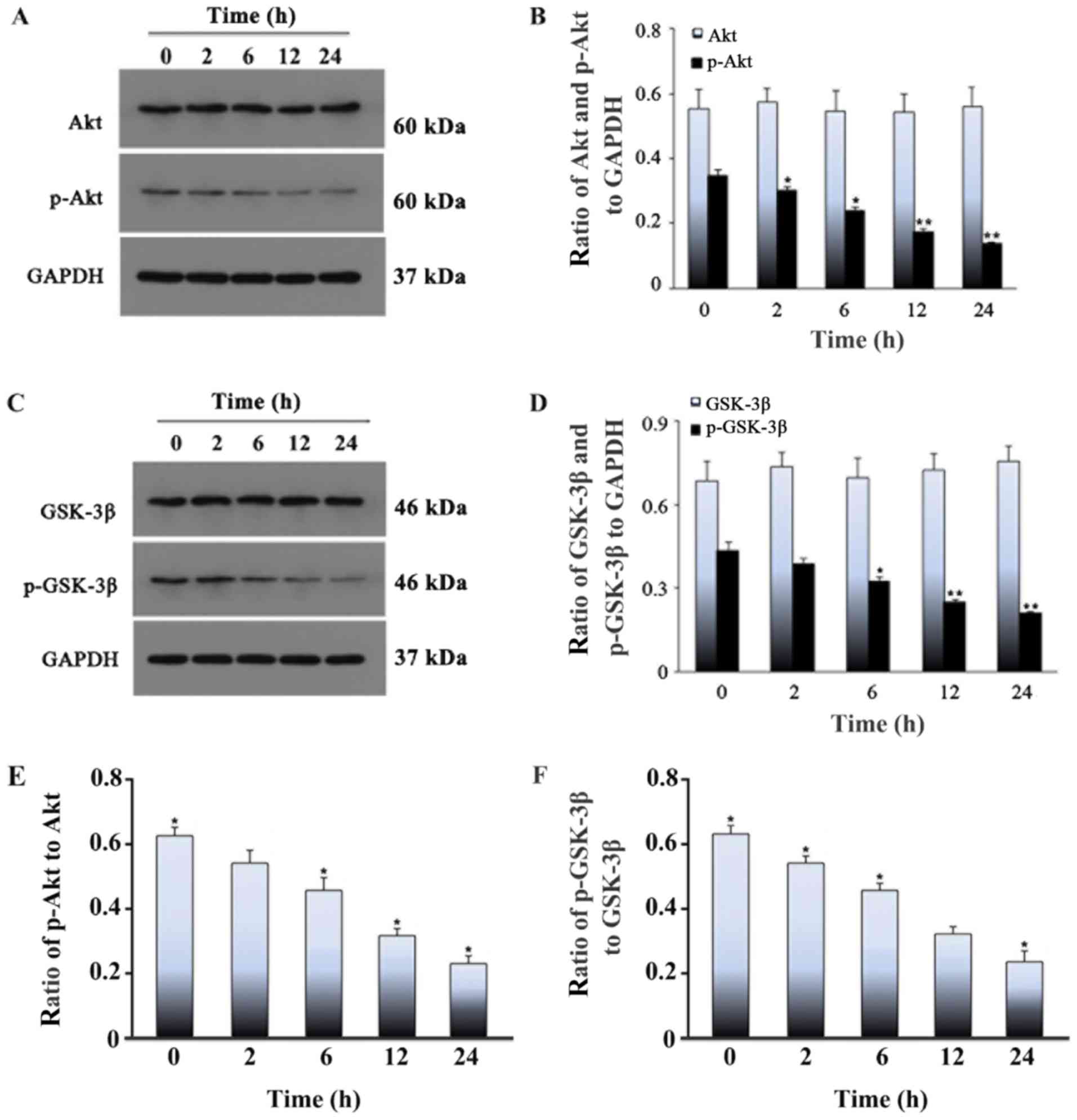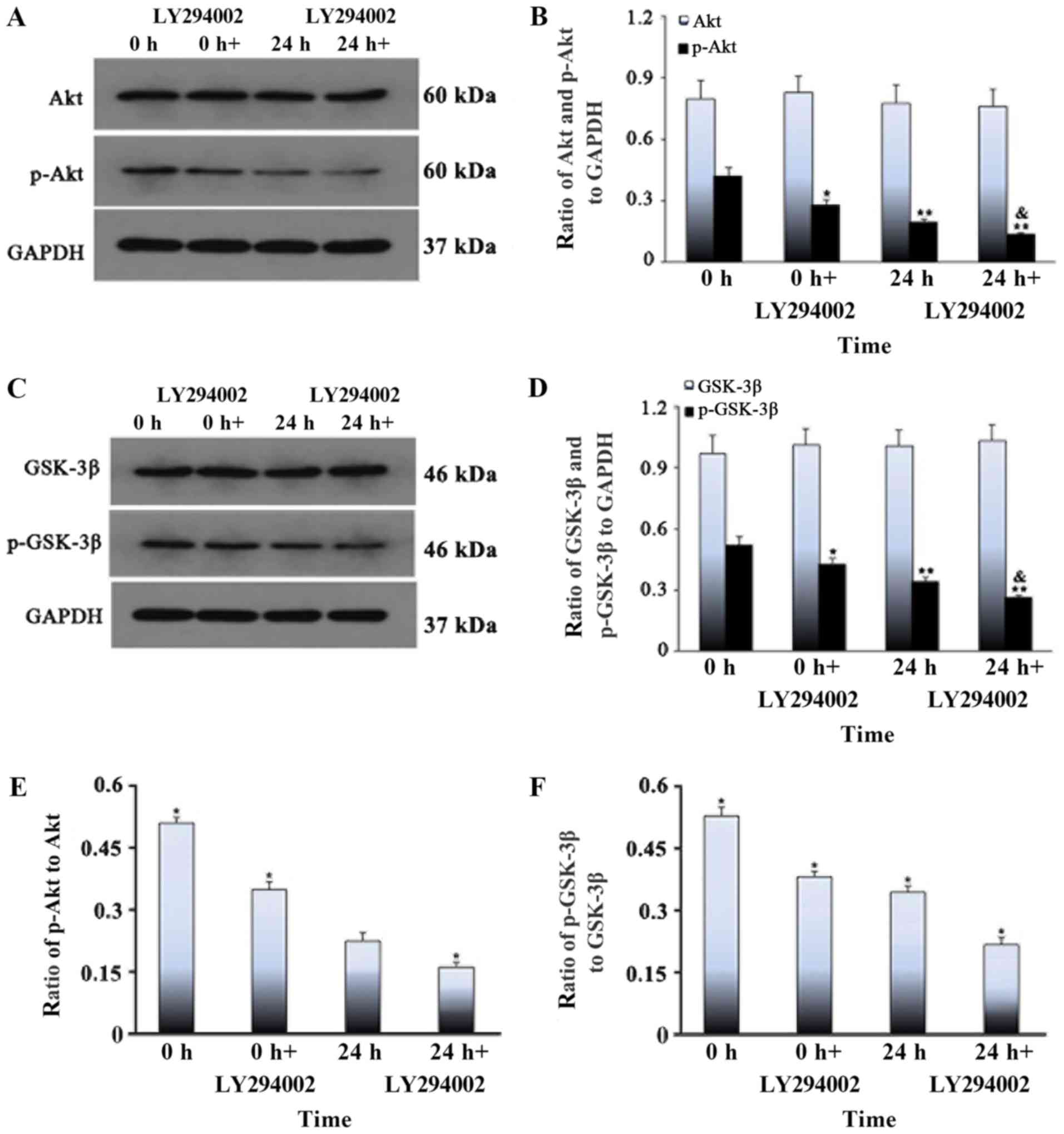|
1
|
Proske U and Morgan DL: Muscle damage from
eccentric exercise: Mechanism, mechanical signs, adaptation and
clinical applications. J Physiol. 537:333–345. 2001. View Article : Google Scholar : PubMed/NCBI
|
|
2
|
Thiruvenkatachari B, Harrison J,
Worthington H and O'Brien K: Early orthodontic treatment for Class
II malocclusion reduces the chance of incisal trauma: Results of a
Cochrane systematic review. Am J Orthod Dentofacial Orthop.
148:47–59. 2015. View Article : Google Scholar : PubMed/NCBI
|
|
3
|
DiBiase AT, Cobourne MT and Lee RT: The
use of functional appliances in contemporary orthodontic practice.
Br Dent J. 218:123–128. 2015. View Article : Google Scholar : PubMed/NCBI
|
|
4
|
O'Brien K, Wright J, Conboy F, Sanjie Y,
Mandall N, Chadwick S, Connolly I, Cook P, Birnie D, Hammond M, et
al: Effectiveness of treatment for Class II malocclusion with the
Herbst or twin-block appliances: A randomized, controlled trial. Am
J Orthod Dentofacial Orthop. 124:128–137. 2003. View Article : Google Scholar : PubMed/NCBI
|
|
5
|
Yamin-Lacouture C, Woodside DG, Sectakof
PA and Sessle BJ: The action of three types of functional
appliances on the activity of the masticatory muscles. Am J Orthod
Dentofacial Orthop. 112:560–572. 1997. View Article : Google Scholar : PubMed/NCBI
|
|
6
|
Tallgren A, Christiansen RL, Ash M Jr and
Miller RL: Effects of a myofunctional appliance on orofacial muscle
activity and structures. Angle Orthod. 68:249–258. 1998.PubMed/NCBI
|
|
7
|
Haga JH, Li YS and Chien S: Molecular
basis of the effects of mechanical stretch on vascular smooth
muscle cells. J Biomech. 40:947–960. 2007. View Article : Google Scholar : PubMed/NCBI
|
|
8
|
Seale P and Rudnicki MA: A new look at the
origin, function, and ‘stem-cell’ status of muscle satellite cells.
Dev Biol. 218:115–124. 2000. View Article : Google Scholar : PubMed/NCBI
|
|
9
|
Hawke TJ and Garry DJ: Myogenic satellite
cells: Physiology to molecular biology. J Appl Physiol (1985).
91:534–551. 2001. View Article : Google Scholar : PubMed/NCBI
|
|
10
|
Tan J, Kuang W, Jin Z, Jin F, Xu L, Yu Q,
Kong L, Zeng G, Yuan X and Duan Y: Inhibition of NFkappaB by
activated c-Jun NH2 terminal kinase 1 acts as a switch for C2C12
cell death under excessive stretch. Apoptosis. 14:764–770. 2009.
View Article : Google Scholar : PubMed/NCBI
|
|
11
|
Sun K, Liu F, Wang J, Guo Z, Ji Z and Yao
M: The effect of mechanical stretch stress on the differentiation
and apoptosis of human growth plate chondrocytes. In Vitro Cell Dev
Biol Anim. 53:141–148. 2017. View Article : Google Scholar : PubMed/NCBI
|
|
12
|
Cheng CS, El-Abd Y, Bui K, Hyun YE, Hughes
RH, Kraus WE and Truskey GA: Conditions that promote primary human
skeletal myoblast culture and muscle differentiation in vitro. Am J
Physiol Cell Physiol. 306:C385–C395. 2014. View Article : Google Scholar : PubMed/NCBI
|
|
13
|
Chen R, Liu X, Huang W, Zeng H, Shi D, Cao
B and Liao H: Effects of mechanical stimulation on expression of
autoantigens in myoblasts. Zhongguo Xiu Fu Chong Jian Wai Ke Za
Zhi. 27:1128–1133. 2013.(In Chinese). PubMed/NCBI
|
|
14
|
Liu J, Liu J, Mao J, Yuan X, Lin Z and Li
Y: Caspase-3-mediated cyclic stretch-induced myoblast apoptosis via
a Fas/FasL-independent signaling pathway during myogenesis. J Cell
Biochem. 107:834–844. 2009. View Article : Google Scholar : PubMed/NCBI
|
|
15
|
Kerr JF: History of the events leading to
the formulation of the apoptosis concept. Toxicology 181-182.
471–474. 2002. View Article : Google Scholar
|
|
16
|
Fiers W, Beyaert R, Declercq W and
Vandenabeele P: More than one way to die: Apoptosis, necrosis and
reactive oxygen damage. Oncogene. 18:7719–7730. 1999. View Article : Google Scholar : PubMed/NCBI
|
|
17
|
Cheng W, Li B, Kajstura J, Li P, Wolin MS,
Sonnenblick EH, Hintze TH, Olivetti G and Anversa P:
Stretch-induced programmed myocyte cell death. J Clin Invest.
96:2247–2259. 1995. View Article : Google Scholar : PubMed/NCBI
|
|
18
|
Zhang Y, Zhou H, Wu W, Shi C, Hu S, Yin T,
Ma Q, Han T, Zhang Y, Tian F and Chen Y: Liraglutide protects
cardiac microvascular endothelial cells against
hypoxia/reoxygenation injury through the suppression of the
SR-Ca(2+)-XO-ROS axis via activation of the
GLP-1R/PI3K/Akt/survivin pathways. Free Radic Biol Med. 95:278–292.
2016. View Article : Google Scholar : PubMed/NCBI
|
|
19
|
Yang J, Chen L, Yang J, Ding J, Rong H,
Dong W and Li X: High mobility group box-1 induces migration of
vascular smooth muscle cells via TLR4-dependent PI3K/Akt pathway
activation. Mol Biol Rep. 39:3361–3367. 2012. View Article : Google Scholar : PubMed/NCBI
|
|
20
|
Lee WJ: Insulin-like growth
factor-I-induced androgen receptor activation is mediated by the
PI3K/Akt pathway in C2C12 skeletal muscle cells. Mol Cells.
28:495–499. 2009. View Article : Google Scholar : PubMed/NCBI
|
|
21
|
Tang Y, Liu P, Tian Y, Xu Y, Ren F, Cui X
and Fan J: Overexpression of ribonuclease inhibitor defines good
prognosis and suppresses proliferation and metastasis in human
colorectal cancer cells via PI3K/AKT pathway. Clin Transl Oncol.
17:306–313. 2015. View Article : Google Scholar : PubMed/NCBI
|
|
22
|
Shaw RJ and Cantley LC: Ras, PI(3)K and
mTOR signalling controls tumour cell growth. Nature. 441:424–430.
2006. View Article : Google Scholar : PubMed/NCBI
|
|
23
|
Jie B, Zhang X, Wu X, Xin Y, Liu Y and Guo
Y: Neuregulin-1 suppresses cardiomyocyte apoptosis by activating
PI3K/Akt and inhibiting mitochondrial permeability transition pore.
Mol Cell Biochem. 370:35–43. 2012. View Article : Google Scholar : PubMed/NCBI
|
|
24
|
Giorgio V, von Stockum S, Antoniel M,
Fabbro A, Fogolari F, Forte M, Glick GD, Petronilli V, Zoratti M,
Szabó I, et al: Dimers of mitochondrial ATP synthase form the
permeability transition pore. Proc Natl Acad Sci USA.
110:5887–5892. 2013. View Article : Google Scholar : PubMed/NCBI
|
|
25
|
Lindsay J, Esposti MD and Gilmore AP:
Bcl-2 proteins and mitochondrial-specificity in membrane targeting
for death. Biochim Biophys Acta. 80:593–614. 2011.
|
|
26
|
Riedl SJ and Shi Y: Molecular mechanisms
of caspase regulation during apoptosis. Nat Rev Mol Cell Biol.
5:897–907. 2004. View
Article : Google Scholar : PubMed/NCBI
|
|
27
|
Claerhout S, Decraene D, Van Laethem A,
Van Kelst S, Agostinis P and Garmyn M: Akt delays the
early-activated apoptotic pathway in UVB-irradiated keratinocytes
via BAD translocation. J Invest Dermatol. 127:429–438. 2007.
View Article : Google Scholar : PubMed/NCBI
|
|
28
|
Jacobs KM, Bhave SR, Ferraro DJ, Jaboin
JJ, Hallahan DE and Thotala D: GSK-3β: A bifunctional role in cell
death pathways. Int J Cell Biol. 2012:9307102012. View Article : Google Scholar : PubMed/NCBI
|
|
29
|
Wu D and Pan W: GSK3: A multifaceted
kinase in Wnt signaling. Trends Biochem Sci. 35:161–168. 2010.
View Article : Google Scholar : PubMed/NCBI
|
|
30
|
Nakayama M, Hisatsune J, Yamasaki E,
Isomoto H, Kurazono H, Hatakeyama M, Azuma T, Yamaoka Y, Yahiro K,
Moss J and Hirayama T: Helicobacter pylori VacA-induced inhibition
of GSK3 through the PI3K/Akt signaling pathway. J Biol Chem.
284:1612–1619. 2009. View Article : Google Scholar : PubMed/NCBI
|
|
31
|
Liu J, Liu J, Mao J, Yuan X, Lin Z and Li
Y: Caspase-3-mediated cyclic stretch-induced myoblast apoptosis via
a Fas/FasL- independent signaling pathway during myogenesis. J Cell
Biochem. 107:834–844. 2010. View Article : Google Scholar
|
|
32
|
Freudlsperger C, Burnett JR, Friedman JA,
Kannabiran VR, Chen Z and Van Waes C: EGFR-PI3K-AKT-mTOR signaling
in head and neck squamous cell carcinomas: Attractive targets for
molecular-oriented therapy. Expert Opin Ther Targets. 15:63–74.
2010. View Article : Google Scholar : PubMed/NCBI
|
|
33
|
Ke F, Wang Z, Song X, Ma Q, Hu Y, Jiang L,
Zhang Y, Liu Y, Zhang Y and Gong W: Cryptotanshinone induces cell
cycle arrest and apoptosis through the JAK2/STAT3 and PI3K/Akt/NFκB
pathways in cholangiocarcinoma cells. Drug Des Devel Ther.
11:1753–1766. 2017. View Article : Google Scholar : PubMed/NCBI
|
|
34
|
Chang F, Lee JT, Navolanic PM, Steelman
LS, Shelton JG, Blalock WL, Franklin RA and McCubrey JA:
Involvement of PI3K/Akt pathway in cell cycle progression,
apoptosis, and neoplastic transformation: A target for cancer
chemotherapy. Leukemia. 17:590–603. 2003. View Article : Google Scholar : PubMed/NCBI
|
|
35
|
Gu X, Han D, Chen W, Zhang L, Lin Q, Gao
J, Fanning S and Han B: SIRT1-mediated FoxOs pathways protect
against apoptosis by promoting autophagy in osteoblast-like
MC3T3-E1 cells exposed to sodium fluoride. Oncotarget.
7:65218–65230. 2016. View Article : Google Scholar : PubMed/NCBI
|
|
36
|
Sussman M: ‘AKT'ing lessons for stem
cells: Regulation of cardiac myocyte and progenitor cell
proliferation. Trends Cardiovasc Med. 17:235–240. 2007. View Article : Google Scholar : PubMed/NCBI
|
|
37
|
Long ZM, Zhao L, Jiang R, Wang KJ, Luo SF,
Zheng M, Li XF and He GQ: Valproic acid modifies synaptic structure
and accelerates neurite outgrowth via the glycogen synthase
kinase-3β signaling pathway in an Alzheimer's disease model. CNS
Neurosci Ther. 21:887–897. 2015. View Article : Google Scholar : PubMed/NCBI
|
|
38
|
Osaki M, Oshimura M and Ito H: PI3K-Akt
pathway: Its functions and alterations in human cancer. Apoptosis.
9:667–676. 2004. View Article : Google Scholar : PubMed/NCBI
|
|
39
|
Ali A, Hoeflich KP and Woodgett JR:
Glycogen synthase kinase-3: Properties, functions, and regulation.
Chem Rev. 101:2527–2540. 2001. View Article : Google Scholar : PubMed/NCBI
|
|
40
|
Cohen P and Frame S: The renaissance of
GSK3. Nat Rev Mol Cell Biol. 2:769–776. 2001. View Article : Google Scholar : PubMed/NCBI
|
|
41
|
Zhang X, Jiang W, Zhou AL, Zhao M and
Jiang DR: Inhibitory effect of oxymatrine on hepatocyte apoptosis
via TLR4/PI3K/Akt/GSK-3β signaling pathway. World J Gastroenterol.
23:3839–3849. 2017. View Article : Google Scholar : PubMed/NCBI
|
|
42
|
Embi N, Rylatt DB and Cohen P: Glycogen
synthase kinase-3 from rabbit skeletal muscle. Separation from
cyclic-AMP-dependent protein kinase and phosphorylase kinase. Eur J
Biochem. 107:519–527. 1980. View Article : Google Scholar : PubMed/NCBI
|
|
43
|
Cai Z and Semenza GL:
Phosphatidylinositol-3-Kinase signaling is required for
erythropoietin-mediated acute protection against myocardial
ischemia/reperfusion injury. Circulation. 109:2050–2053. 2004.
View Article : Google Scholar : PubMed/NCBI
|
|
44
|
Linseman DA, Butts BD, Precht TA, Phelps
RA, Le SS, Laessig TA, Bouchard RJ, Florez-McClure ML and
Heidenreich KA: Glycogen synthase kinase-3beta phosphorylates Bax
and promotes its mitochondrial localization during neuronal
apoptosis. J Neurosci. 24:9993–10002. 2004. View Article : Google Scholar : PubMed/NCBI
|
|
45
|
Sharples EJ, Patel N, Brown P, Stewart K,
Mota-Philipe H, Sheaff M, Kieswich J, Allen D, Harwood S, Raftery
M, et al: Erythropoietin protects the kidney against the injury and
dysfunction caused by ischemia-reperfusion. J Am Soc Nephrol.
15:2115–2124. 2004. View Article : Google Scholar : PubMed/NCBI
|
|
46
|
Pap M and Cooper GM: Role of translation
initiation factor 2B in control of cell survival by the
phosphatidylinositol 3-kinase/Akt/glycogen synthase kinase 3beta
signaling pathway. Mol Cell Biol. 32:578–586. 2002. View Article : Google Scholar
|
|
47
|
Bopassa JC, Ferra R, Gateau-Rosech O,
Couture-Lepetit E and Ovize M: PI 3-kinase regulates the
mitochondrial transition pore in controlled reperfusion and
postconditioning. Cardiovasc Res. 69:178–185. 2006. View Article : Google Scholar : PubMed/NCBI
|
|
48
|
Liu XH, Aksan A, Menze MA, Hand SC and
Toner M: Trehalose loading through the mitochondrial permeability
transition pore enhances desiccation tolerance in rat liver
mitochondria. Biochim Biophys Acta. 1717:21–26. 2005. View Article : Google Scholar : PubMed/NCBI
|
|
49
|
Ly JD, Grubb DR and Lawen A: The
mitochondrial membrane potential (deltapsi(m)) in apoptosis; an
update. Apoptosis. 8:115–128. 2003. View Article : Google Scholar : PubMed/NCBI
|
|
50
|
Quan JH, Cha GH, Zhou W, Chu JQ, Nishikawa
Y and Lee YH: Involvement of PI 3 kinase/Akt-dependent Bad
phosphorylation in Toxoplasma gondii-mediated inhibition of host
cell apoptosis. Exp Parasitol. 133:462–471. 2013. View Article : Google Scholar : PubMed/NCBI
|
|
51
|
Gardai SJ, Hildeman DA, Frankel SK,
Whitlock BB, Frasch SC, Borregaard N, Marrack P, Bratton DL and
Henson PM: Phosphorylation of Bax Ser184 by Akt regulates its
activity and apoptosis in neutrophils. J Biol Chem.
279:21085–21095. 2004. View Article : Google Scholar : PubMed/NCBI
|
|
52
|
Fu M, Wan F, Li Z and Zhang F: 4SC-202
activates ASK1-dependent mitochondrial apoptosis pathway to inhibit
hepatocellular carcinoma cells. Biochem Biophys Res Commun.
471:267–273. 2016. View Article : Google Scholar : PubMed/NCBI
|
|
53
|
Zhou BH, Tan PP, Jia LS, Zhao WP, Wang JC
and Wang HW: PI3K/AKT signaling pathway involvement in
fluoride-induced apoptosis in C2C12 cells. Chemosphere.
199:297–302. 2018. View Article : Google Scholar : PubMed/NCBI
|















